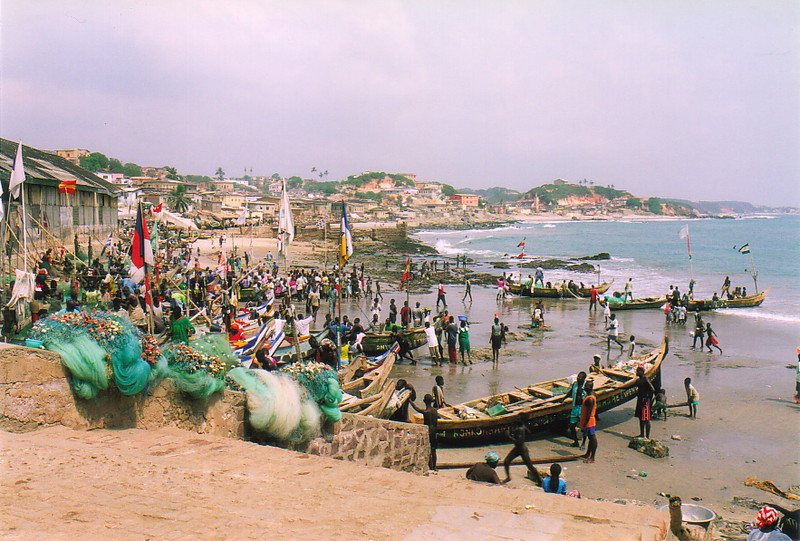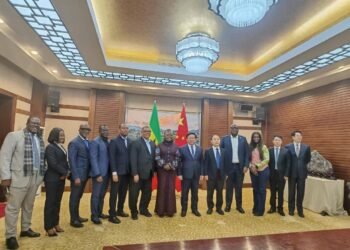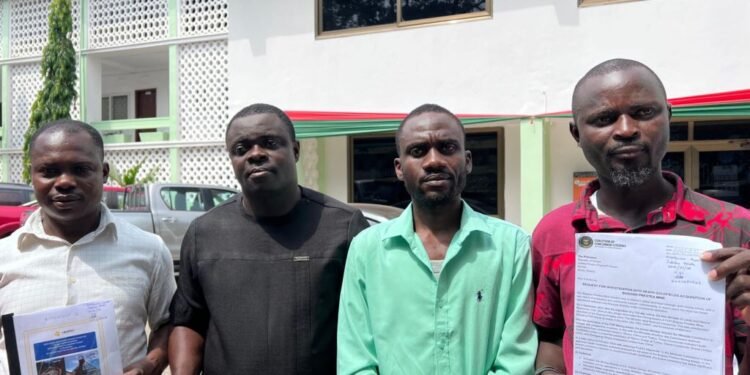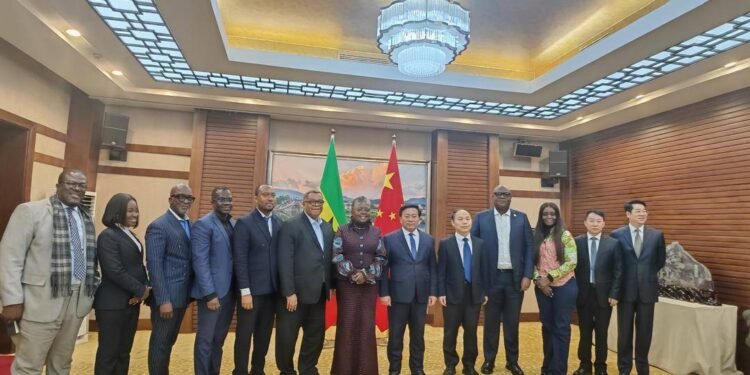Experts in the fishery sector have called on the government, fishing communities, and other stakeholders to secure artisanal landing sites for sustainable small-scale fisheries in order to improve the livelihood of fisherfolks.
The demand follows an observation made on how landing sites were being sold off to companies in the hospitality industry and individuals interested in oil and gas production as well as those who wanted to build residential facilities at the coastal areas.
The call was made during National Multi-Stakeholder Policy Dialogue Workshop held yesterday, November 19, in Accra, which was meant to develop a roadmap to ensure that landing sites are properly demarcated, documented and legally given approvals.
Speaking at the Stakeholders Policy Dialogue Workshop, Mr. Kyei Kwadwo Yamoah, the Programs Manager of Friends of the Nation (FoN), a fishery advocacy group, intimated that it is time for government and relevant state agencies to put in systems and policies to effectively enhance operations of fishermen. He then urged the government and key players in the fishery sector to help identify future lands that can be used as landing sites and help secure them for that purpose.
“These lands should be properly demarcated, properly documented, properly mapped, and legally given approvals so that these lands will last for fishermen. This will be a legacy that fishing communities can rely on so that in future people cannot come in and take these lands from fisher folks,” Mr. Yamoah said.
“We are looking at securing these landing sites so that when the time comes government will not have to pay compensation to persons who have already settled on these lands,” he added.
According to Mr. Donkris Mevuta, Executive Director of FoN, encroachment and sale of lands along landing sites has adversely affected fishing activities and it was for this challenge that the European Union funded a project dubbed “Far Ban Bo”, which was meant for piloting the mapping and documentation of five landing sites. The sites were Abutiakope and Kedzikpe communities in the Keta District, Whuti community in the Anloga District, Anomabo community in the Mfantsiman Municipal and the Abuesi community in the Shama District.
Mr. Mevuta explained that fish landing sites in Ghana are useful entry points for participatory development of the fishing industry and the geographical space where majority of actions take place to support onshore fishery-based livelihoods. He, therefore, revealed that mapping and securing fish landing sites would ensure women have long term access to the sites to purchase fish, process it, and market in order to sustain livelihoods and promote a healthy nutrition for the nation at large.
Speaking on the need for securing fish landing sites, Dr Wordsworth Odame Larbi, a Land Tenure Officer at FAO, said about five million people in Ghana are vulnerable to becoming food insecure if problems associated with landing sites are not resolved. He added that 68 percent of lands in Ghana are suitable for agricultural practices, of which, only 10 percent have been registered for such purposes.
He, therefore, entreated stakeholders in the sector to encourage government to integrate instruments adopted by the International Community in order to protect and improve the operations of the fishery sector.
Dr Wordsworth Odame Larbi gave an assurance that FAO was going to strengthen its partnership with the Ministries of Fisheries and Aquaculture and, Ministry of Food and Agriculture to achieve the Sustainable Development Goals ‘2 & 3’ of ending hunger, and promoting good health and well-being.























